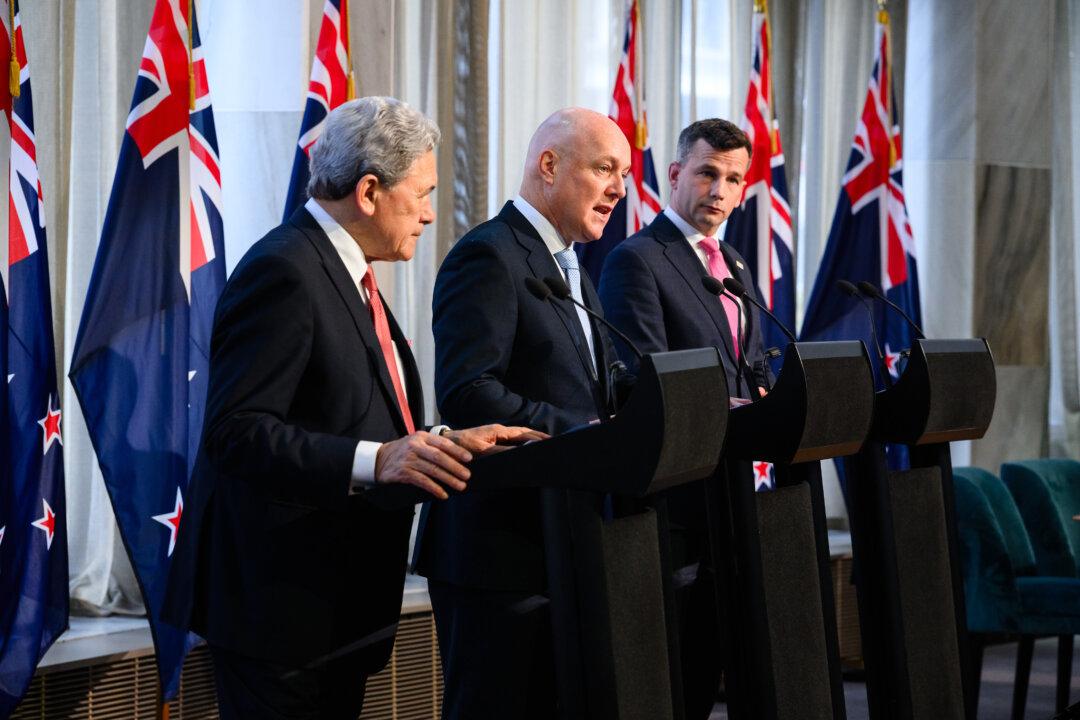Analysis
In office for only 12 days, the New Zealand tri-party coalition government has been hit by leaks of confidential information, with documents revealing the current Cabinet is ignoring advice from officials.

In office for only 12 days, the New Zealand tri-party coalition government has been hit by leaks of confidential information, with documents revealing the current Cabinet is ignoring advice from officials.